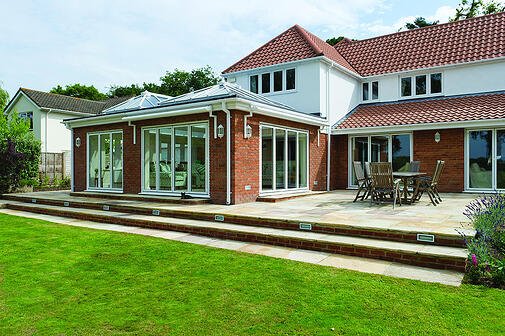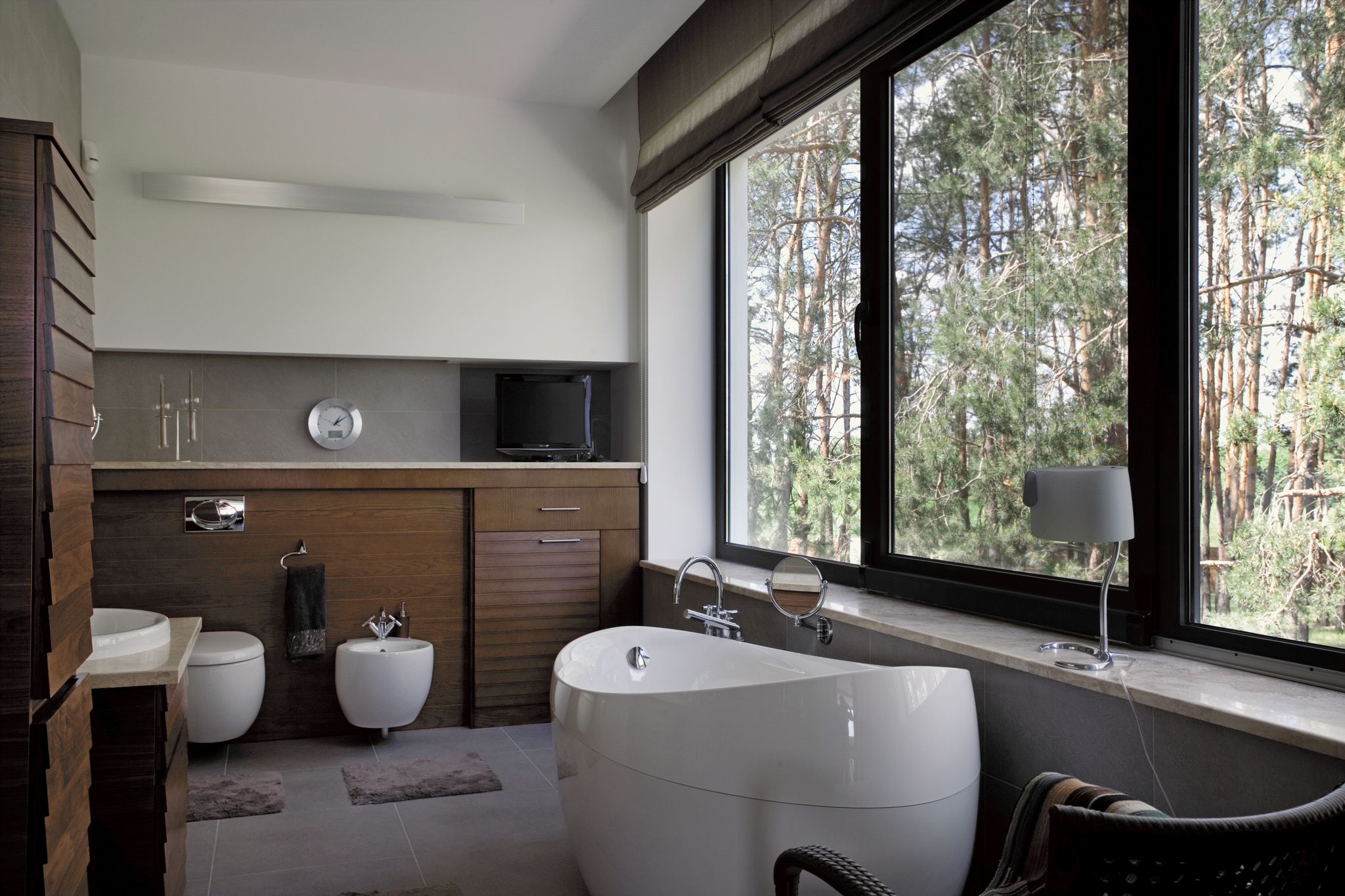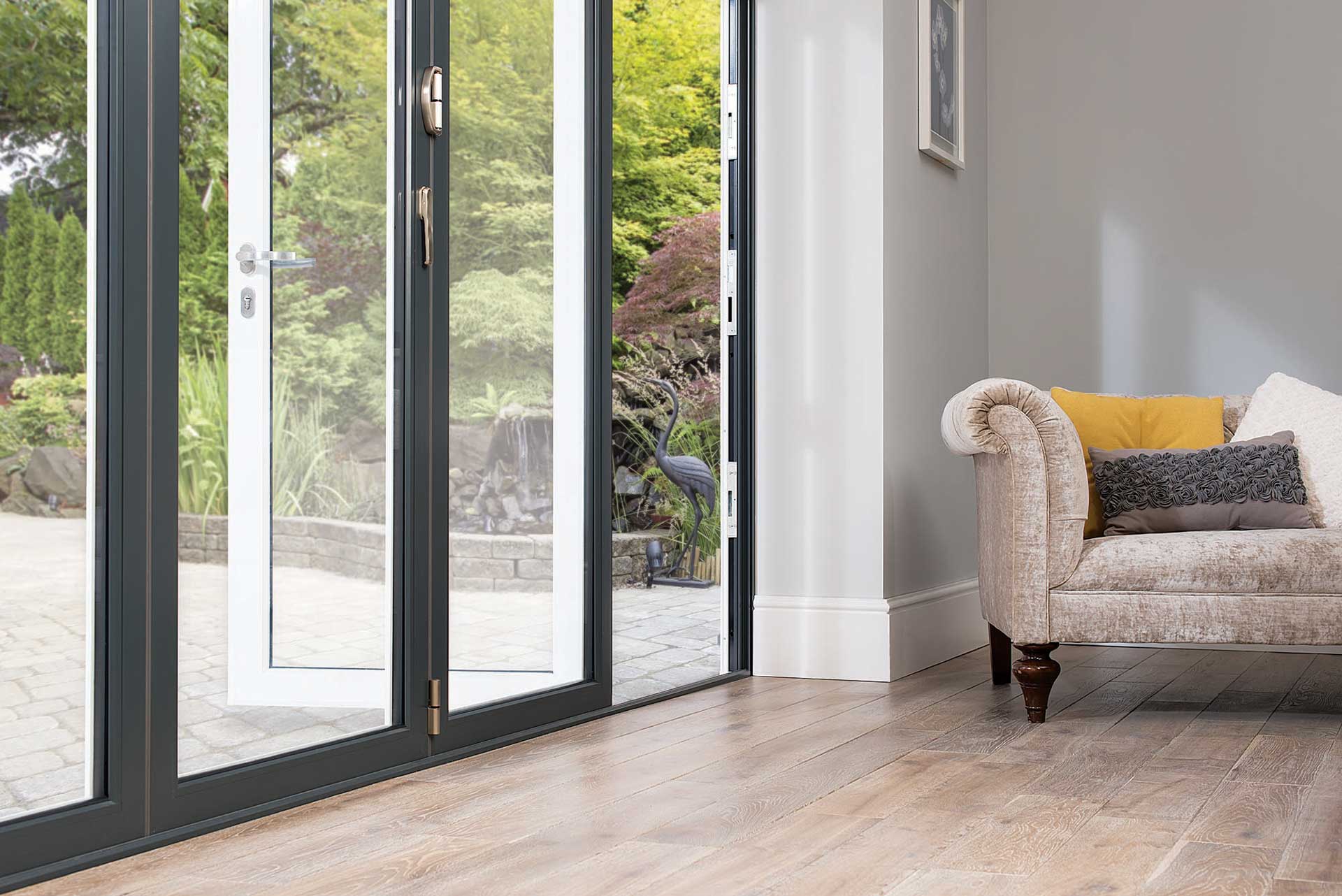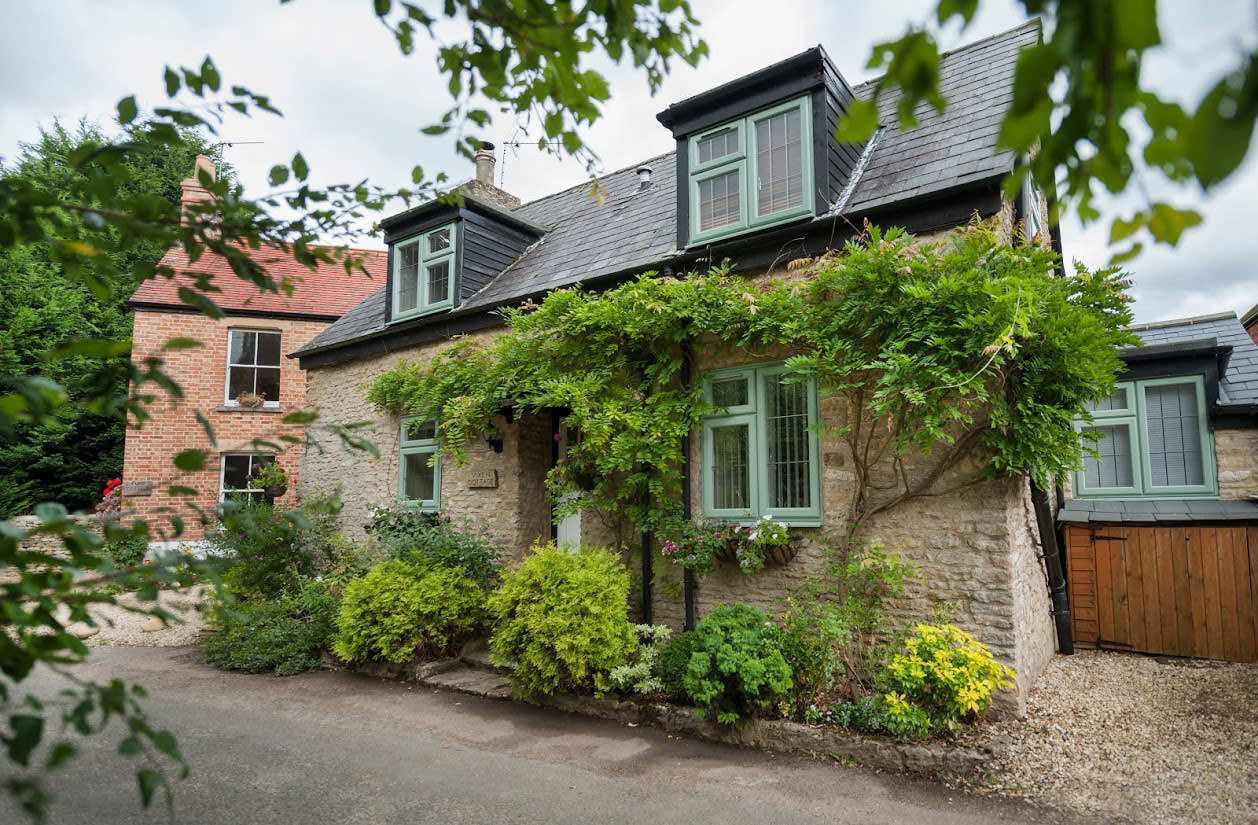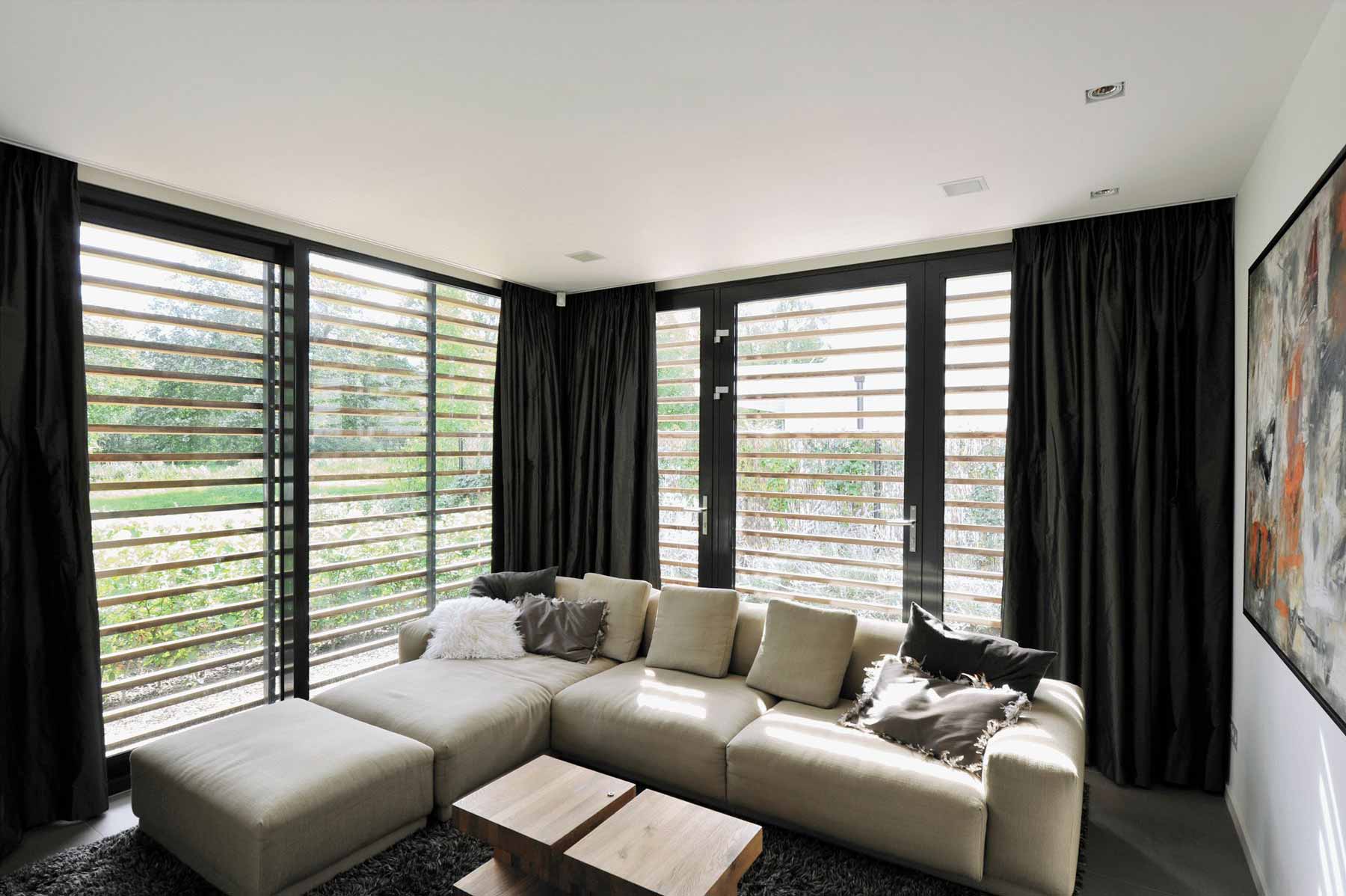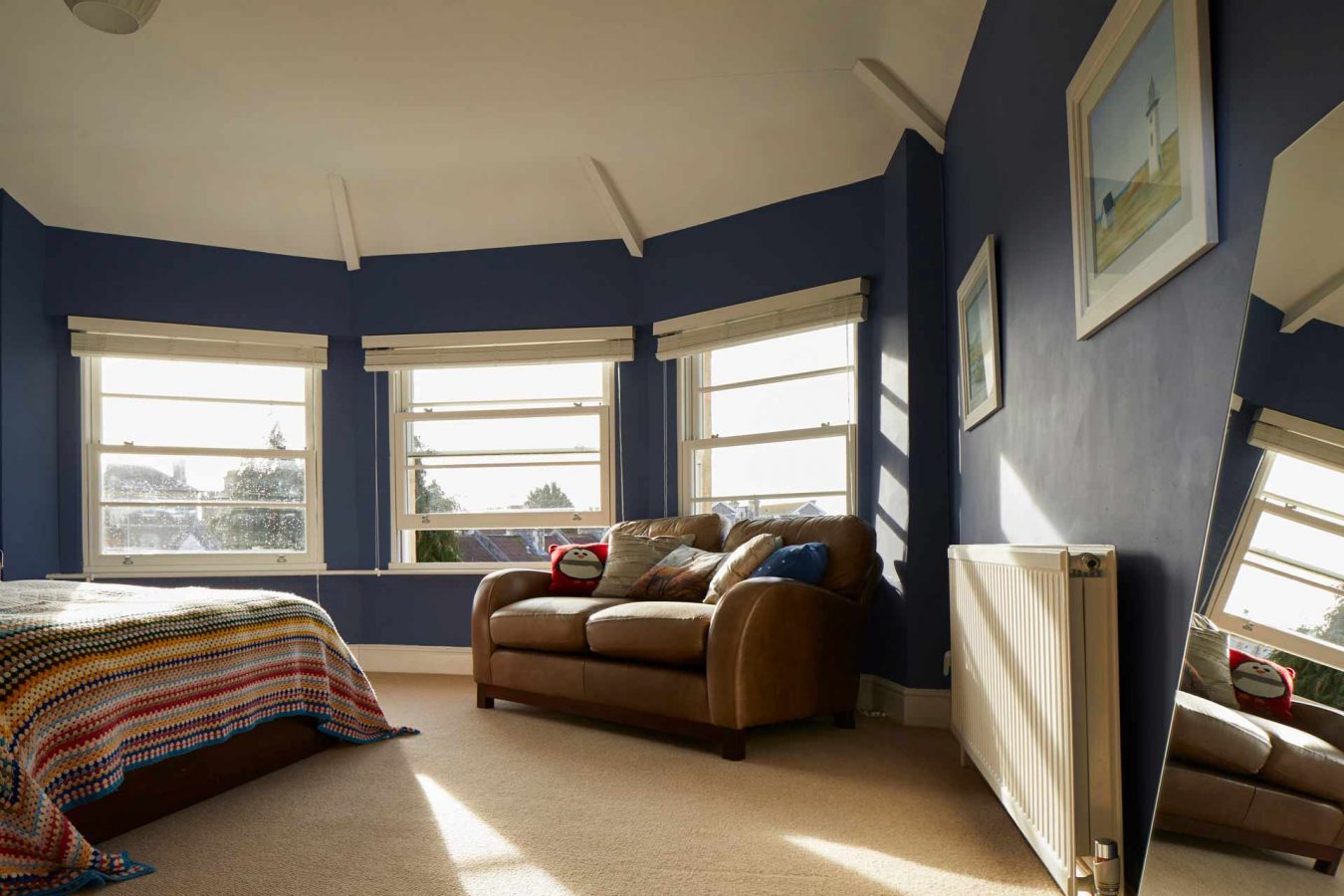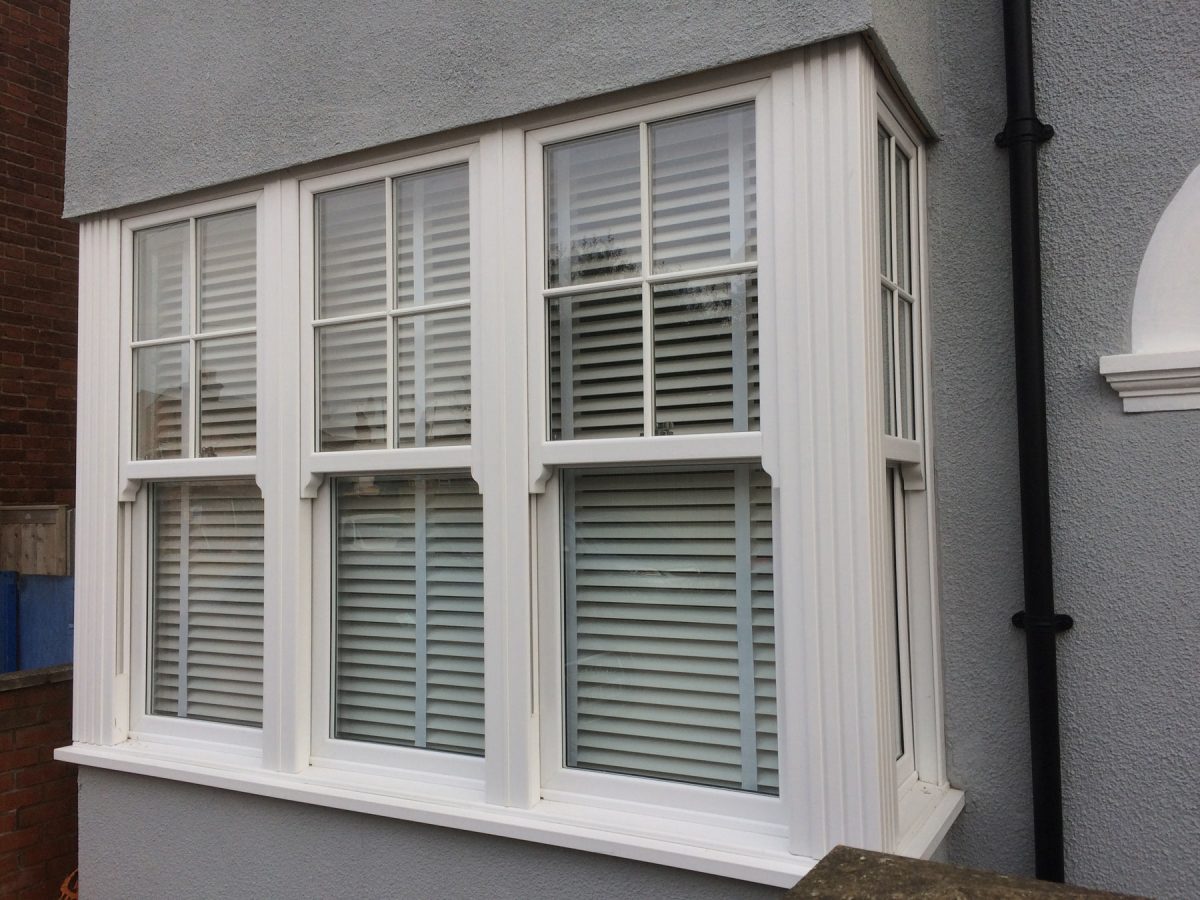6 Reasons Why You Need an Orangery
Due to the high costs of relocating to a new home, homeowners who need more space often choose to extend rather than move. The original orangeries were built in the 17th century by wealthy aristocrats to allow citrus fruits to be grown in the cool climates of Northern Europe: today, an orangery is a stylish structure with a brick built base, featuring a solid roof with a lantern that allows natural light to flood in. Adding an orangery is an increasingly popular way to increase your living space. It’s also a perfect investment for your home – here’s why:
1. An Orangery Increases the Value of your Property
Adding a high-quality orangery to your property not only gives you the extra living space you need but can also increase the value of your home. A well-designed orangery also enhances the visual appeal of your home, giving your home the wow factor and making it instantly more attractive to prospective buyers – and if you don’t plan to sell but are improving your forever home, you will be enjoying the benefits of your orangery exactly as you please, all year round.
2. An Orangery closes the gap between Home and Garden
If you love your garden and want to make the most of it all year round, an orangery is a perfect way to seamlessly bridge the gap between inside and outside spaces. By using the same materials for flooring throughout, you can unify the different areas and create a sophisticated ambience. While orangeries have a solid roof and typically feature more brickwork than conservatories, their large expanses of glazing still offer fabulous views of your garden, allowing you to enjoy it in comfort whatever the weather.
3. Planning Permission isn’t normally required for an Orangery
Unlike conventional extensions, most orangeries are classified as “permitted development” so you won’t have the hassle of applying for planning permission and will avoid any delay in installation. In order to comply with the permitted development status, the orangery must not exceed 50% of the area of the house. Other points to consider include:
• The orangery must be under 4m in height and the eaves should be less than 3m high if they are within 2m of a structure boundary
• It should not include any balconies, decks or verandas
4. You can use it for whatever you like
An orangery makes an atmospheric dining area for candlelit meals or breakfast on a sunny morning, and they are often built as an extension to a kitchen area to create an open plan kitchen dining room. It can also be used as a children’s playroom, a games or music room, a studio, a home office or even a gym – it’s entirely up to you.
5. Enjoy increased space all year round
An orangery is a cost-effective way to increase your living space. Older style conservatories were often too cold in winter and would become uncomfortably hot in summer, but orangeries have a brick built base and columns, with well-insulated roofs and thermally efficient glazing: thanks to their energy efficiency, they can be enjoyed all year round.
6. Let more light in
Improving the natural light in your home will instantly lift your mood and offer a more relaxing feel to your living space. Orangeries are sturdy structures that can support partially glazed roofs. One option is to choose an elegant roof lantern, a fashionable design feature that allows light to flood in while giving your home a seriously stylish look. Downlights can be added to the perimeter of the ceiling, so your orangery will provide a bright and welcoming space as night falls. Glazed doors allow easy access to the garden while maximising the light: you can choose from traditional French doors, patio doors or bifold doors which offer the largest opening and really bring the outside in.
Book a Remote Quote
In response to Covid-19 and the governments guidelines, Bergson & Eaton now offer remote quotes.
Find Out More
